2010 has been the year of early adopters for the cloud automation market. IT savvy users in development, test, training and sales functions adopted the cloud model to accelerate application lifecycle management. With recent innovations in usability and self-service capabilities, functional users in consulting, training, and sales demo areas are becoming the direct, empowered consumers of cloud services with little to no support from IT. Skytap data for 2010 shows actual usage of the Skytap solution grew by 400 percent when compared to last year. Skytap users credit their usage growth to usability and collaboration capabilities, which are delivered in a single cloud solution through Skytap.
Based on this insight, Skytap expects that more functional owners within the enterprise will look to the cloud to answer line of business questions such as, “How can I use the cloud to solve important business challenges? How can I leverage my current investment in applications and processes? How can I gain business agility and competitive advantage when I move to the cloud model?”
Skytap predicts the following five trends will shape the cloud automation landscape in 2011:
1. Usability and collaboration will become a central theme for cloud automation
Business users who are planning for growth and productivity gains in 2011 will look at cloud automation as a way to quickly share and iterate new ideas and initiatives. They will prioritize cloud automation solutions that deliver business agility. In addition to development and test teams, many of these users will come from functional areas such as consulting, sales, customer training and partner management. They will expect the cloud to provide Facebook-like simplicity and ease of use combined with enterprise grade support, security and control. The most successful cloud services will be those that empower users to share and collaborate with customers and partners.
2. Functional users will continue to prefer cloud models that run their enterprise applications without any rewrites
Functional users prefer the central tenets of the cloud model — on-demand resources, scalability, multi-tenancy driven economics and self-service provisioning. However, they are equally, if not more fond of their specific need applications which they have built over the years. Cloud automation solutions that power existing applications will experience faster adoption among functional users.
3. In enterprises, functional users will play equal part with IT users in evaluating and driving cloud adoption
Much of the discussion in cloud computing has been around technical features such as virtualization, load balancing and scalability. These technical features will continue to play an important role in cloud evaluation cycles. However, Skytap anticipates over the next year that functional users will take point on evaluating cloud offerings and drive very specific solution requirements. Requirements such as usability, business process automation, workflow and time to value will equal the importance of technical specifications. Solutions that deliver the best of both worlds will achieve better traction.
4. Pricing for cloud automation solutions will evolve to include per user pricing
Skytap predicts that the greater adoption of cloud services by functional users, combined with a focus on usability, will create pricing reform across the industry towards a user-based versus capacity-based model. Solutions that are simple and easy to use will be widely adopted by more individuals in an organization and thus deliver more value in terms of business productivity and agility. Based on this definition of value, cloud providers will begin to offer services on a per user basis — similar to high value applications such as Salesforce.com or Google Apps. Many will also offer distinct pricing for users at different levels. Vendors that charge based purely on usage will be under pressure to rapidly change their pricing model if they hope to compete in the market.
5. “Hybrid Cloud” will continue to gain popularity among enterprise customers
Most enterprises have invested heavily in purpose-built applications that store a tremendous amount of business data and access in-house security models. The cloud will undoubtedly drive new business models and innovation, but it’s clear the cloud must also leverage the business insights embedded in these in-house systems. Cloud automation solutions that enable seamless and secure connectivity between applications running in the cloud and on-premise enterprise applications will achieve better traction. To date, nearly all enterprise users are using Skytap’s IPSec capabilities to create hybrid clouds. Skytap expects this trend to continue as more companies transform their IT operations through the adoption of cloud services.
“The cloud market received the early adopter seal of approval in 2010 based on on-demand scalability, rapid provisioning and cost savings metrics,” said Scott Roza, CEO of Skytap. “As we enter 2011 we anticipate a bigger wave of adoption from smart functional users. We also expect these users will now prioritize simplicity, usability, and self-service collaboration functionality as the top go-forward selection criteria.”
